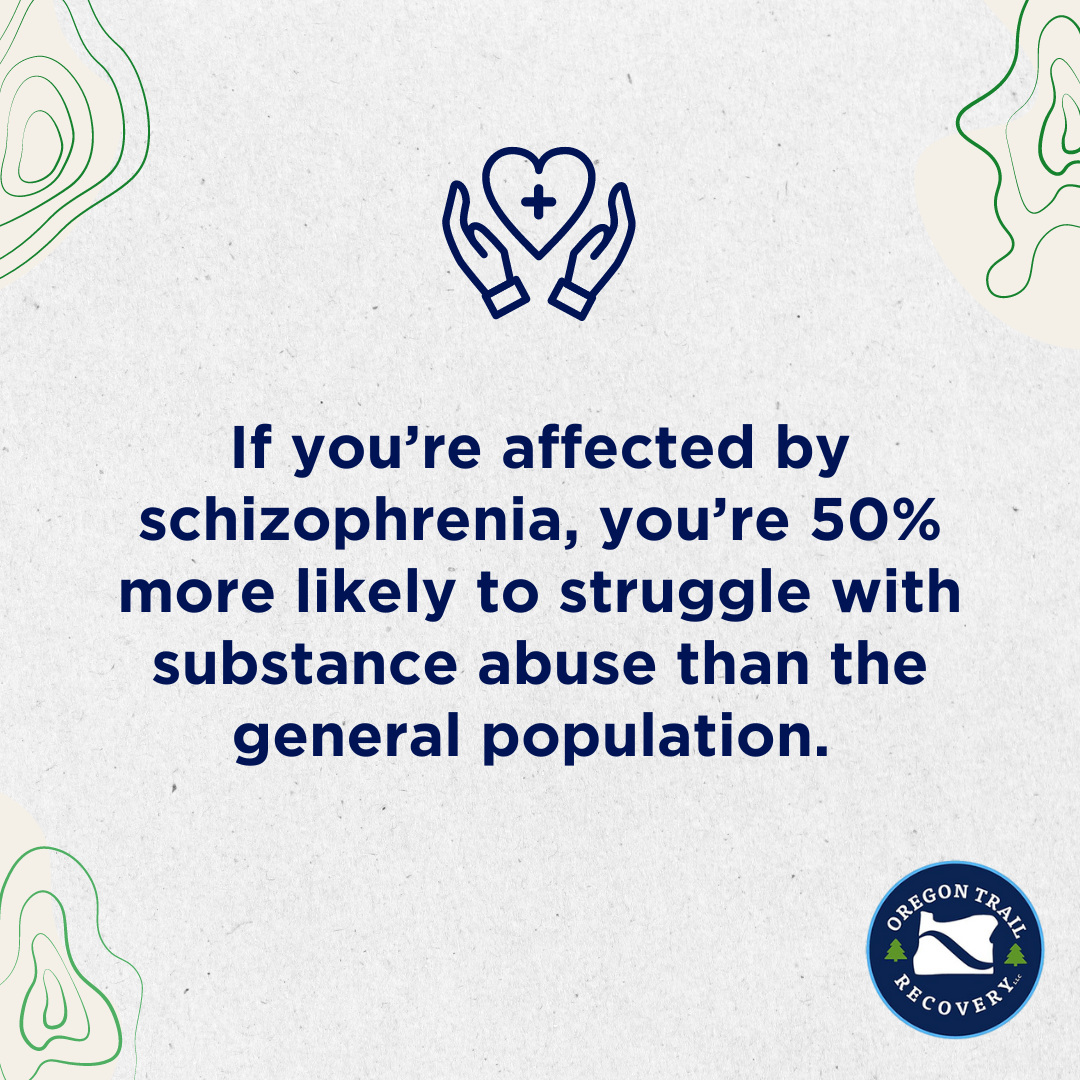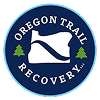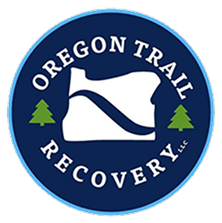The Connection Between Schizophrenia and Addiction
We all have our battles to win. And for some, it involves overcoming a mental health issue — one that people often fight quietly in their minds. If you’re living with schizophrenia, the challenges become all too real, and these challenges affect almost every aspect of your life. When addiction enters the picture, the fight becomes too much. If anything, it’s like trying to climb a mountain with extra weight on your shoulders: It makes an already challenging journey even harder.Taking care of your mental health is vital, and understanding this dual struggle is a big step toward finding hope and healing. In this blog, we’ll explore the connection between this type of mental disorder and addiction. We’ll also discuss the challenges of managing both and share insights on navigating such a complex path.

Understanding Schizophrenia
First of all, what is schizophrenia?Schizophrenia is a chronic brain disorder that affects one’s thoughts, feelings, and behaviors. Although it impacts less than 1% of the US population, it has a profound effect on those who live with it.A combination of chemical imbalances and other changes in the brain can cause schizophrenia. It tends to run in families, suggesting a genetic component, but environmental factors also play a role in its development. The condition affects men and women equally, though symptoms often begin earlier in men than in women.How do you know if you have one? Here are the most common symptoms:
Positive symptoms
These are symptoms that add something extra to your experience of reality. They include:
- Hallucinations (Seeing, hearing, or feeling things that aren’t there)
- Delusions (Strong, false beliefs that aren’t based in reality, such as believing one has special powers or is being persecuted)
- Paranoia (An irrational distrust of others)
Negative symptoms
These involve a loss or reduction in your everyday functions, such as:
- Reduced emotional expression (Showing fewer facial expressions, gestures, or vocal inflections)
- Decreased speech output or alogia
- Lack of social interest or asociality
- Low motivation or avolition
- Diminished pleasure or anhedonia

Disorganized symptoms
These symptoms affect your thought processes and behaviors:
- Confused thinking
- Disordered speech
- Abnormal behaviors (Engaging in unusual or bizarre actions or movements)
Cognitive symptoms
These symptoms affect mental functions like:
- Attention problems
- Memory issues
- Decline in educational or work performance
Living with schizophrenia is, simply put, disruptive. The symptoms mentioned above affect nearly every aspect of your daily life, making it a real challenge to make decisions, maintain relationships, hold down a job, or even take care of basic personal needs. Over time, these challenges can lead to isolation and a reduced quality of life.
The Link Between Schizophrenia and Addiction
If you’re affected by schizophrenia, you’re 50% more likely to struggle with substance abuse than the general population. This co-occurrence creates a cycle where substance abuse worsens your schizophrenic symptoms. At the same time, it could increase your frequency of psychotic episodes and raise your risks of hospitalization and even suicide attempts.So, why does this connection exist? There are many factors.
- Self-medication. If you have schizophrenia, you may tend to use drugs or alcohol to cope with your symptoms. Whereas in reality, this often exacerbates your condition.
- Social factors. Isolation and stigma can cause you to substance use as a way to escape feelings of loneliness.
- Neurological vulnerabilities. The same brain abnormalities that contribute to schizophrenia — such as dysregulation of dopamine, a key brain chemical involved in reward and pleasure — may also make you more susceptible to addiction.

Challenges of Dual Diagnosis
When you’re dealing with both mental health and substance abuse issues, the path to recovery is often far from straightforward. Keep in mind that schizophrenia alone requires careful management. But when addiction enters the picture, things become even more complicated. As traditional treatment methods often fall short, you need integrated care that tackles both your behavioral health and substance use in a coordinated way. This approach ensures that your treatment plan is holistic, tailored to your unique needs, and gives you a better chance at recovery.The heightened risks of co-occurring diseases make the treatment even more complex. As stated, substance abuse can make your schizophrenic symptoms worse, leading to more frequent and intense psychotic episodes. This can result in more hospitalizations, longer recovery times, and more difficulty finding stability. Additionally, the combined impact of mental health and substance abuse issues can heighten your risk of dangerous behaviors, including self-harm or suicide attempts. That’s why seeking timely, comprehensive treatment is so important.
Treatment Approaches
Addressing both schizophrenia and addiction through comprehensive treatment is crucial to help you regain control of your life. If you or someone you know is struggling, searching for “drug rehab near me” can be a vital first step toward recovery. Experts there would know the importance of integrated treatment models. These approaches are designed to address both your mental health and addiction simultaneously rather than treating each issue separately. This approach might include a combination of medication, therapy, and other interventions tailored to manage both schizophrenia and addiction. As the impact of recovery on mental health is significant, you may notice improvements in your mental well-being as you treat your addiction. This leads to better management of schizophrenic symptoms and overall stability.Apart from taking medication and undergoing therapy, having a solid support system is essential. Whether from family, therapy, or community resources, such support can significantly affect your recovery journey. Engaging with support groups, counseling, and family therapy can provide the encouragement and understanding you need to stay on track. These resources help you navigate the challenges of treatment and offer emotional and practical support that reinforces your commitment to recovery.

Find the Way to A Better Quality of Life
Living with schizophrenia is already a challenging journey, and when addiction comes into play, the path to recovery can feel even more overwhelming. The connection between these two conditions can worsen your symptoms, complicate treatment, and increase your risks. But with the right approach — one that integrates both mental health and addiction treatment — you can find healing.Understanding the importance of comprehensive care and relying on strong support systems can help you navigate the complexities of a dual diagnosis more effectively. If you or someone you know is struggling with schizophrenia and addiction, taking that first step toward help is crucial. Reach out to Oregon Trail Recovery for specialized addiction treatment in Oregon, where you can find the support and care needed to take back control of your life.







